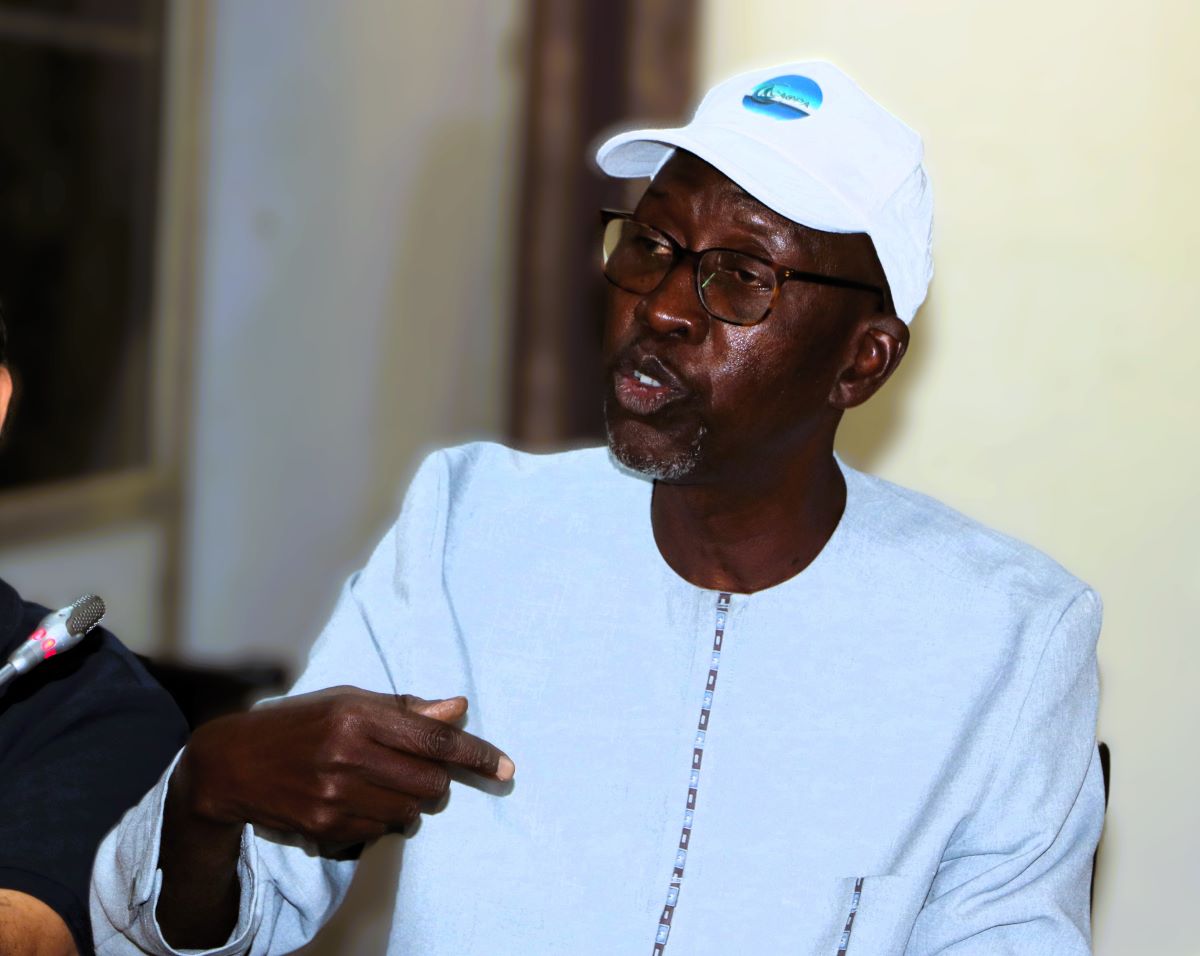From November 30 to December 2, 2024, Dakar hosted a major international event: the Panel on Illegal, Unreported, and Unregulated (IUU) Fishing, organized under the International Transport Workers’ Federation (ITF) West Africa Fisheries Strengthening Project. This regional workshop brought together experts, policymakers, and community representatives to address the challenges and solutions to this pressing issue.
Gaoussou Gueye, President of the African Confederation of Professional Artisanal Fisheries Organizations (CAOPA), delivered a powerful speech highlighting the devastating impacts of IUU fishing on African artisanal fisheries, food security, and the livelihoods of coastal communities.
His advocacy emphasized the importance of an inclusive approach, involving small-scale fishers in the fight against IUU fishing and calling for solutions tailored to Africa’s socio-cultural context. A must-read to understand the stakes and the path toward fair and sustainable fisheries management.
👉 Read his full speech here:
“Combating IUU fishing in all types of fisheries, including small scale fisheries, is crucial for effective fisheries management. For African small-scale fisheries, IUU fishing, in particular incursions by vessels using destructive gear in coastal areas, such as coastal trawlers, remains a scourge. Their presence is directly linked to overfishing and therefore constitutes a risk to the food security of our populations. What’s more, their night-time operations, all lights off, have on several occasions led to collisions with pirogues, resulting in numerous deaths.
To combat these incursions, participatory surveillance has been touted for several decades in Africa, but it is not legally defined in most countries and generally lacks administrative, logistical and financial support. Among the problems reported by fishers involved in participatory surveillance are the lack of boats, the fact that fishers have to provide their own fuel for surveillance trips, and the frequent lack of response from the authorities when it comes to applying regulations to boats identified by artisanal fishers as being involved in IUU fishing.
This means that artisanal fishers who try to defend their local fisheries do so at their own expense and at considerable risk, often with no guarantee that the authorities will actually arrest the offenders, given the widespread corrupt practices in the fishing industry, which often allow offenders to evade arrest and sanctions.
For the system to work, small-scale fishers must have adequate equipment to enable them to inform the authorities directly of suspicious activities, and the respective roles and responsibilities of fishers and the authorities must be clearly defined.
When boats involved in IUU fishing are arrested, it is often the crews who are imprisoned, sometimes for many months in inhumane conditions without being able to give their families any news. Several years ago, ‘motherships’ (bateaux ramasseurs) would take pirogues from Saint Louis to fish in Sierra Leone or Liberia. Sometimes these boats would take the pirogues to fish into prohibited areas. When the navy arrived, the mothership would escape, leaving the fishers to be arrested and imprisoned, with their equipment seized and destroyed.
We believe that it is above all the owners who benefit from IUU fishing operations, who are often Asian, European or Russian, who should be severely punished, not the fishers on board.
To combat IUU fishing in small-scale fisheries, it is also necessary to design and implement solutions tailored to the socio-economic and cultural contexts in which small-scale fisheries operate.
This means ensuring that the informal and traditional management that exists in many artisanal fisheries is recognised and taken into account when new regulations are drawn up. In some cases, when new regulations are introduced without sufficient consultation, artisanal fishers who are doing what they have always done come to be regarded as illegal fishers, criminals. In the past, some fishers have been victims of violence for fishing in their traditional fishing zone, which had been declared a closed zone without consultation. This situation has serious consequences for communities, including fishers and women fish processors, and for food security.
To avoid criminalising the traditional behaviour of fishers, the solution is to involve them in fisheries management, including in the design and introduction of mechanisms to combat IUU fishing in small-scale fisheries. Fishers themselves can contribute to this fight, for example by using inexpensive digital technologies on board vessels and at landing sites to record their catches and thus prevent their fishing from being considered undocumented.”
Gaoussou Gueye, President CAOPA


